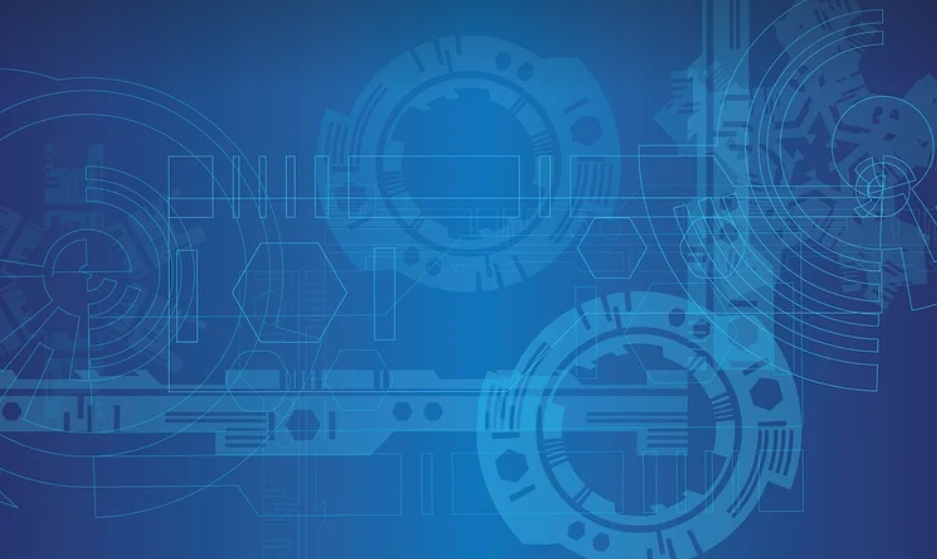
At its core, a chemical equation represents the changing of one substance into another. Imagine mixing colors to make a new shade; in chemistry, we’re dealing with molecules rearranging themselves, forming entirely different substances! These transformations involve breaking and forming bonds, like when you rearrange LEGO blocks to create something new.
## So How Do We Know What’s Happening? Balancing is Key!
Just like a recipe needs accurate measurements for the best outcome, chemical equations need to be balanced. It sounds technical, but it’s all about maintaining an equal number of each type of atom on both sides of the equation.
Think about baking cookies; you need the right amount of flour, sugar, and eggs to get that perfect golden-brown cookie. Similarly, in a chemical reaction, we have atoms – the building blocks of everything – moving around, combining, and splitting. To ensure a balanced reaction, we must make sure every atom is accounted for on both sides of the equation.
Balancing is about ensuring that the “recipe” of the reaction is accurate – it’s like making sure you have enough flour to create those delicious cookies!
## Balancing Chemical Equations: A Practical Guide for Students
For students, learning how to balance chemical equations can feel like navigating a maze. But don’t worry; it’s actually quite achievable with some practice and the right tools.
Here’s a breakdown of how balancing reactions works:
- **Identify the elements:** Start by writing out the chemical reaction you want to balance – this will be your “recipe” for transformation.
- **Write a balanced equation:** Use coefficients in front of each element to represent its quantity change. Coefficients are like numbers that tell us how many atoms of each element are involved in the reaction.
- **Ensure equal sides:** After writing your initial equation, check if both sides have the same number of each type of atom.
- **Adjust coefficients:** If an element’s count isn’t balanced, you may need to adjust the coefficient in front of the substance involved.
It’s important to remember that balancing chemical equations is a skill that develops over time with practice. Don’t get discouraged if you don’t master it right away; it takes patience and dedication. But, once you get the hang of it, you’ll see how easy it is!
## The Power of Balancing Chemical Equations
Balancing chemical equations might sound like a dry task, but it has a profound impact on our understanding of chemistry.
**Understanding reactions:** By balancing equations, we get to know how substances interact and transform. This is the foundation for a deeper appreciation of chemical reactions happening around us – from the rusting of iron to the burning of fuel!
**Scientific exploration:** Balancing equations helps us predict the products of reactions, which is crucial in fields like medicine, agriculture, and environmental science.
**Developing practical skills:** Balancing chemical equations equips you with valuable problem-solving skills. Beyond chemistry, these skills can be applied to various areas of life – from budgeting finances to planning a trip!
## The Fun Side of Balancing Equations
Learning to balance chemical equations shouldn’t feel like a chore; it should be an exciting journey of discovery! Here’s how you can make the learning process more engaging:
- **Turn it into a game:** Use online quizzes and games to turn the balancing process into a fun challenge.
- **Connect with real-life examples:** Explore how balanced equations play a role in everyday life, like cooking or even understanding your body’s processes.
Remember, chemistry is about exploring, experimenting, and discovering the vast universe of matter! And balancing chemical equations is just one piece of that exciting puzzle.
## Unlocking the Secrets of Matter: A Journey Begins
Balancing chemical equations opens doors to a world of scientific exploration. As you master this technique, you’ll be equipped with powerful tools for understanding how matter interacts and transforms. And who knows? You might even become an expert in uncovering the hidden magic of chemicals – it’s a real journey of discovery!



